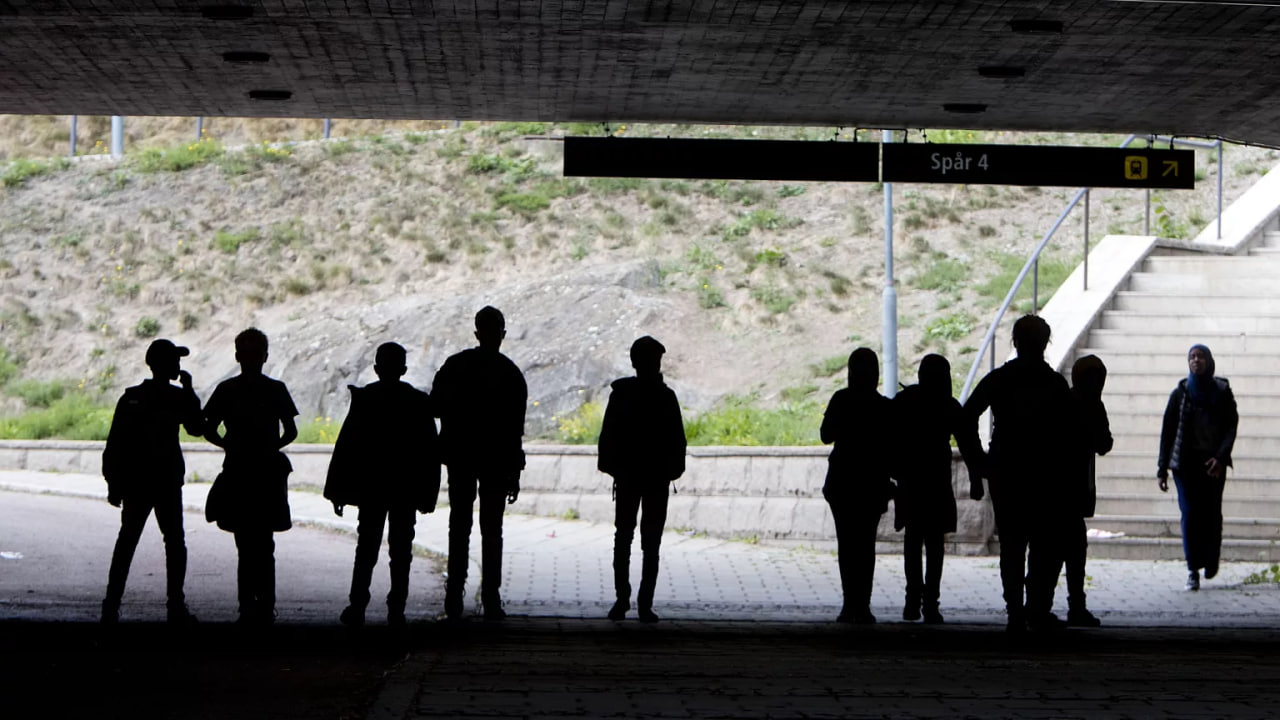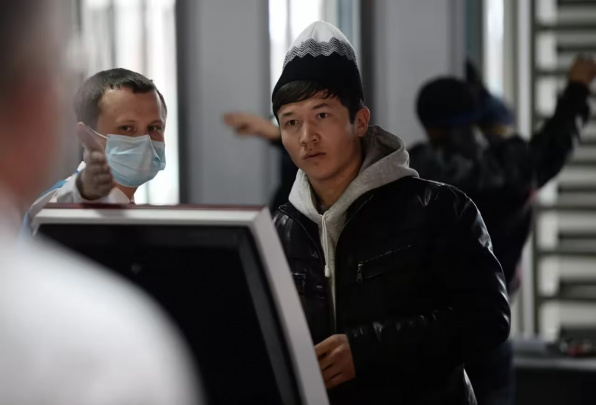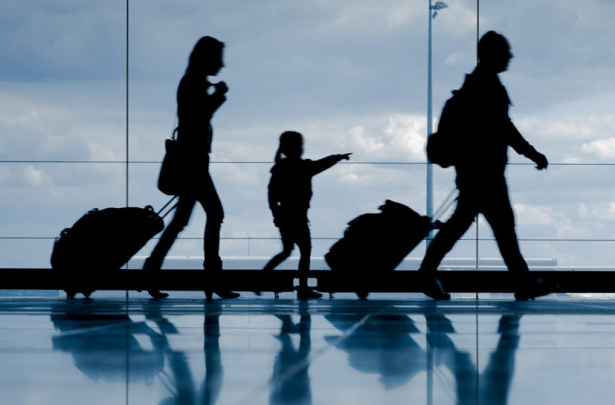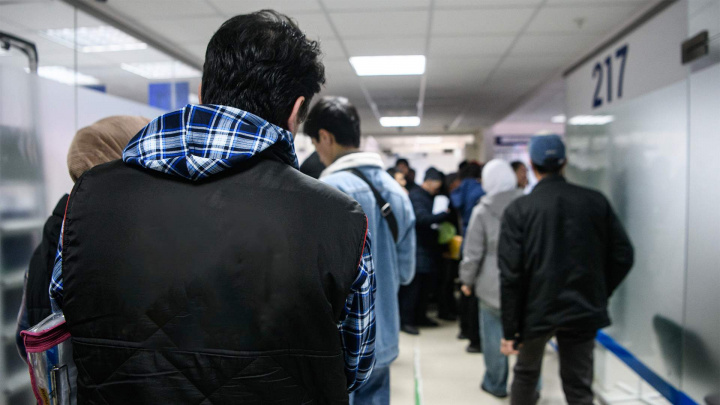Sweden to offer €32,000 to migrants who voluntarily return home
Swedish Prime Minister Ulf Kristersson has announced plans to dramatically increase financial incentives for migrants who voluntarily return to their countries of origin.

Photo: Reuters
In an interview with Euronews, Kristersson said the new policy is aimed at addressing Sweden’s long-standing challenges with migrant integration. He called for “absolute control” over migration and emphasized that offering higher return grants could help ease pressures on the country’s social system.
Under the current scheme, Sweden offers €900 per adult to those willing to leave voluntarily. However, the program has had little effect; in 2023, only one out of 70 applications was approved, according to the Swedish Migration Agency.
To boost participation, the Swedish government plans to increase the grant to €32,000 – marking a staggering 3,400% jump. The policy, set to take effect on 1 January 2026, mirrors a similar approach in Denmark, which Kristersson cited as an inspiration.
“We are basically copying the Danish model and raising that sum pretty significantly,” Kristersson told Euronews. “It’s to make it easier for those who realize that they would prefer to go back to their own country, those who, for different reasons, feel they do not find a well-functioning life in Sweden.”
While Kristersson admitted that the scheme might not appeal to a large number of people, he stressed its symbolic and practical importance.
“I don’t think this would work for very many people,” he said, “but we do have a problem with integration. If people who have a legal right to stay in Sweden basically do not integrate, do not really appreciate the Swedish way of life, then at least they would think about returning to their country of origin.”
The Swedish Prime Minister also reaffirmed his commitment to a more regulated migration policy, voicing support for the European Union’s Migration Pact. He called for tougher enforcement against rejected asylum seekers who continue to remain in Europe.
“Right now, some 80% of those who receive negative asylum decisions still stay in Europe. That is simply unacceptable,” Kristersson said. “In Sweden, we’ve managed to reduce that figure to around 20%, but there’s still work to do. We absolutely need to get control of migration.”
As attitudes across Europe shift toward stricter migration control, Kristersson believes the political environment may now be more receptive to such policies. The European Commission has also proposed measures to improve the repatriation of irregular migrants.
Related News

15:26 / 28.07.2025
South Korea’s foreign population hits record high, including nearly 100,000 from Uzbekistan

16:31 / 24.07.2025
Russia may reintroduce pre-entry health checks and vaccinations for incoming migrants

12:16 / 23.07.2025
Emigration from Uzbekistan rises by 10% in first half of 2025

18:50 / 15.07.2025



